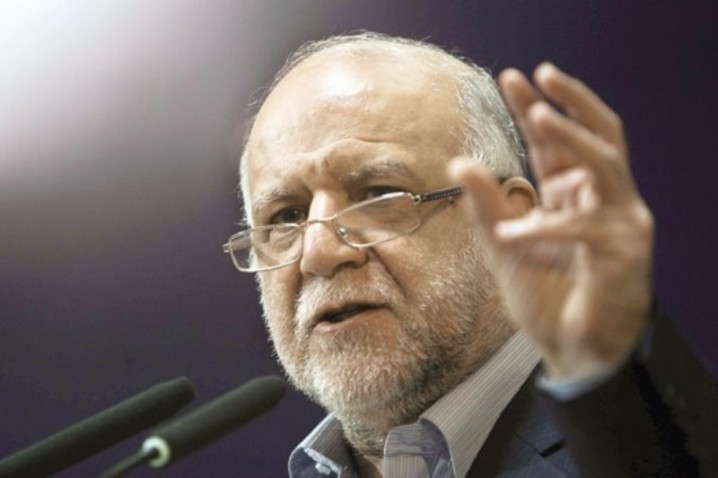Petroleum minister: Iran tends to stay in OPEC

Iranian Petroleum Minister Bijan Zangeneh says Iran intends to stay in the Organization of the Petroleum Exporting Countries (OPEC) and have coexistence with its neighbors.
The pressures were unfriendly measures imposed by two neighboring countries against Iran, Zangeneh said in a TV interview.
However they accepted Iran to be exempted, he added.
He stressed the fact that the resolution gave permission to OPEC secretary general and the chairman to exclude those countries which had special conditions.
He went on to say that Iran is completely exempted from output reduction decision.
Commenting on the ambiguities regarding reduction of Iran oil production in proportion to total OPEC production, Zangeneh said, 'We have no plan for reducing oil production.'
Elaborating on the news as regards Qatar withdrawal from OPEC, he said OPEC is facing internal and external threats.
Elsewhere in his remarks, Iranian minister referred to a ratification in the US called NOPEC, saying it deals with OPEC or any other body which wants to make decision on oil price.
Based on NOPEC, the US will set penalty for those countries.
OPEC agreed on an output cut of 1,200,000 barrels per day, exempting Iran from the supply cut decision.
The 14-member OPEC in its 175th session in Vienna, Austria, on Friday, agreed on OPEC members' cutting their supply by 800,000 barrels and the non-OPEC members by 400,000 barrels (1,200,000 barrels in combination).
Commenting on possible violation of the Chinese company CNPC in South Pars phase 11, Zangeneh said, 'We will make decision based on regulations if it happens.'
In July 2017, National Iranian Oil Company (NIOC) and the International Consortium, headed by Total, signed an oil deal in the post-sanction era to develop phase 11 of South Pars.
As per the contract, CNPC of China and Iran's Petropars were other members of the international consortium.
Total's stake in the project was 50.1 percent, while that of CNPC and Petropars were 30 percent and 19.9 percent respectively.